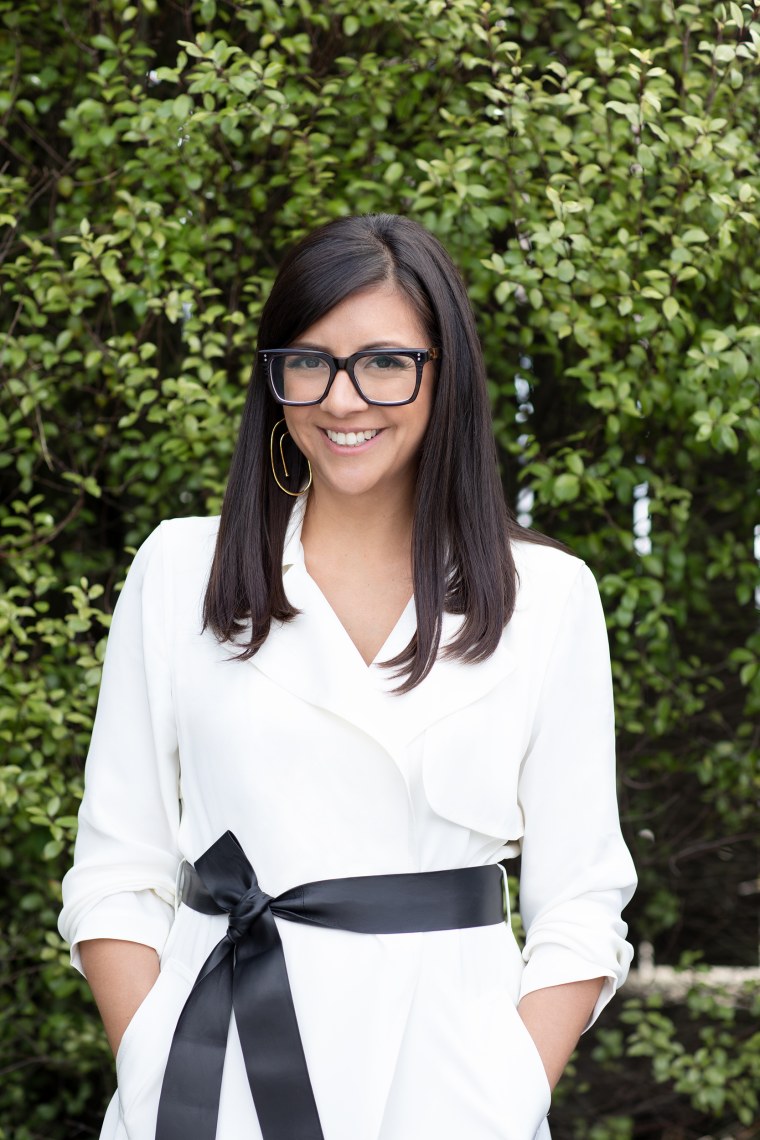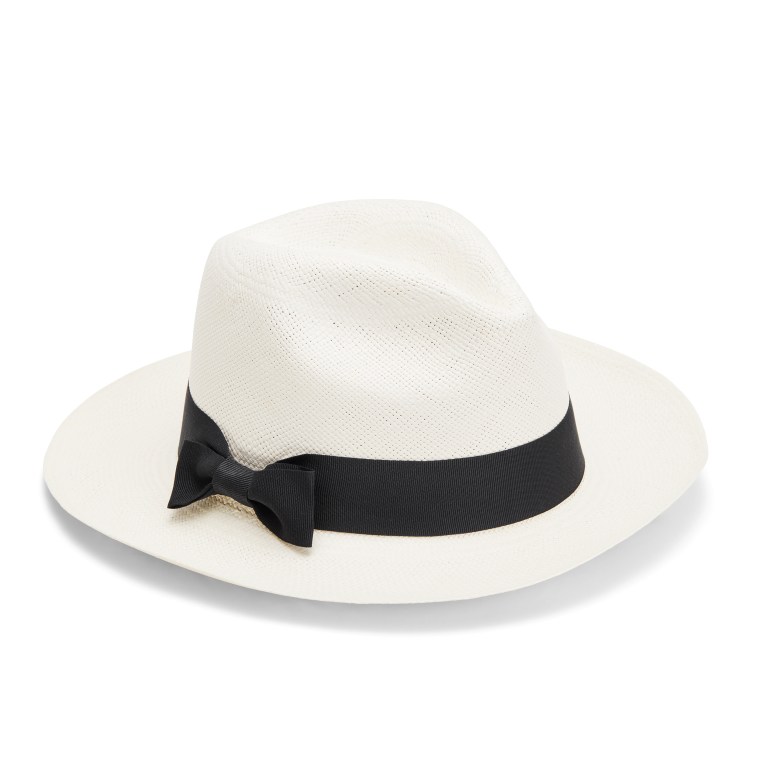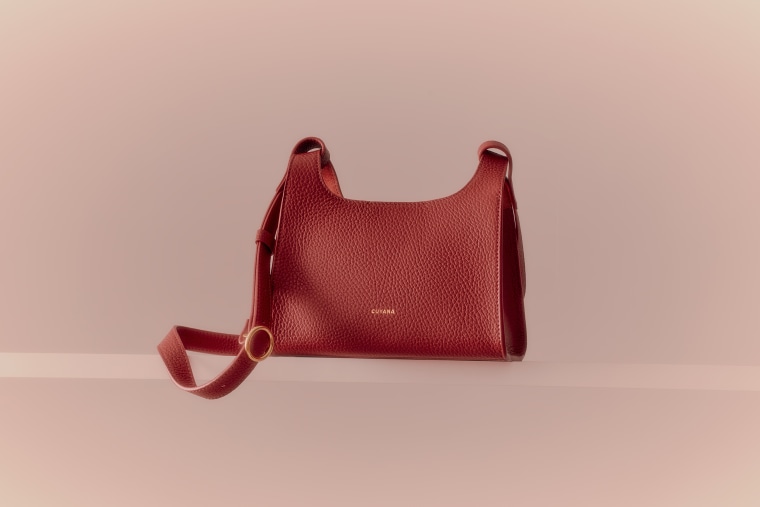We are all works in progress; even the successful women you see owning it on Instagram faced stumbling blocks along the way and continue to work hard to stay at the top of their game. In this series, we're sitting down with the people that inspire us to find out: How'd they do it? And what is success really like? This is "Getting There."
Karla Gallardo is the co-founder of Cuyana, a brand known for luxury apparel and accessories without the designer prices — think simple leather tote bags and cozy cashmere sweaters. The brand's mission is to get people to buy "fewer, better things," inspired by Gallardo's upbringing in Ecuador.

The former investment banker spoke to TMRW about where she got the idea to launch a clothing company and the (positive!) effect she thinks the pandemic will have on the fashion industry.
TMRW: What were you doing before Cuyana?
Karla Gallardo: I worked on Wall Street. I was an investment banker — very numbers-focused; I had an obsessive passion for numbers. And that was my world. In my personal life, I was obsessed with fashion, so the interest in building a company like Cuyana has been a part of me since I was very young. But I actually didn't enter that world until I started Cuyana.
What inspired the idea for a fashion brand?
I grew up in Ecuador and there, it’s a life of fewer, better things. That's how I was raised. Our family always made investments in products rather than just fast purchases. So I grew up being very intentional about what we bought and what we were surrounded with. Our life was about making products last. I had a big spark when I moved to the U.S. for college because I realized that consumers treated products a little differently here. There were a lot more offerings. The effort and work that went into making a purchase wasn't as intentional as it was back home. There was also a lack of fulfillment in the purchases that were made — particularly in my friends' wardrobes. There just wasn't a lot of meaning to those products.
The opportunity was to create a brand that actually connected consumers to the roots of those products so they could make more intentional choices and their lives would be more fulfilled.
I left my banking job and went to business school because I very consciously realized I know a lot about how to put a corporate bond on the market, but I don't know how to start a business. I moved to California to go to Stanford, which is where I got my MBA.
The product that started it all was the Panama hat. It's a hat that's produced in Ecuador. They’re woven by women with straw that's very particular to the region, but a lot of that story wasn't being told. As a proud Ecuadorian, I thought, this is the perfect product to start with.

Fast-forward 10 years and Cuyana is a popular brand known for affordable luxury apparel and accessories. Then the pandemic happened. How did that affect your company?
It was tough. Retail closed, so the physical component of our brand was gone. There was a lot of uncertainty, so consumers in general were spending less. Our customer started to go back to buying apparel, so that became the driver of growth of our business, when the majority of our business has always been accessories, so that was a dramatic change.
We benefit from having a fast supply chain that allows us to make changes so we aren't stuck with unwanted products. We worked with our suppliers and we were able to adapt. But our business model drastically changed. We refocused our strategy to pause on retail and push harder on digital, and went from a focus on accessories to a focus on apparel.
I know Cuyana is all about the essentials. But has the definition of essentials changed during the pandemic?
If anything, consumers in the past year have become even more intentional in their shopping, so our brand is more relevant than ever, which is a great thing. When it comes to our product offering, yes, as we are in our homes more now; we need new essentials. For example, the bag: Our days used to be leaving in the morning and coming back in the evening, so our bags needed to hold so many things. During COVID, our most popular bags are the micro bags — they’re smaller, they’re more functional. So the type of product has changed.

Do you think the pandemic will have a lasting effect on the fashion industry?
I do think there will be a permanent change to how we approach apparel. The need for loungewear and these more comfortable home apparel pieces has really pushed designers to think harder about making better, more comfortable clothing for women that looks great. That challenge is a positive one for the future. There will be more comfortable, great-looking clothing for women — that will be a longer-lasting change. Clothes don't need to be sporty to be comfortable.
What's your favorite part of being your own boss?
I am a workaholic and a perfectionist so being my own boss is actually really hard for me because there’s never an end (to work) — it just keeps going and going. Finding limits is very hard for me.
But I have the ability to lead a team, to build a brand. That’s my favorite thing — seeing what was in my head become a reality through this amazing engine, which is our team.


